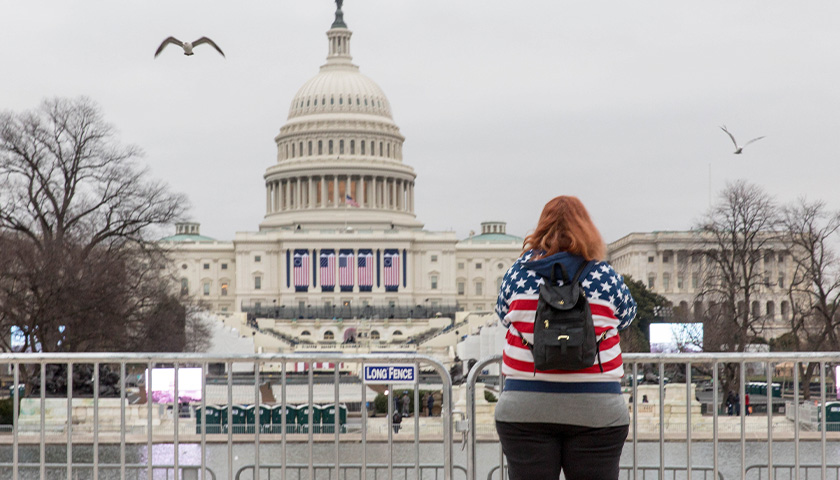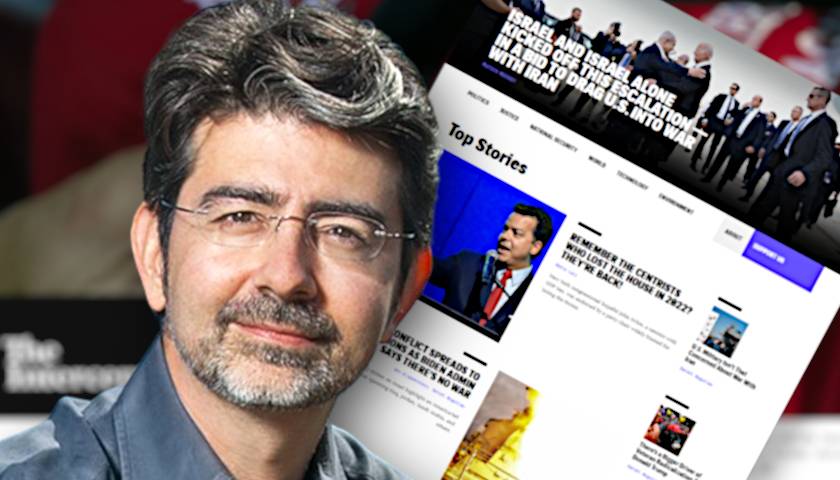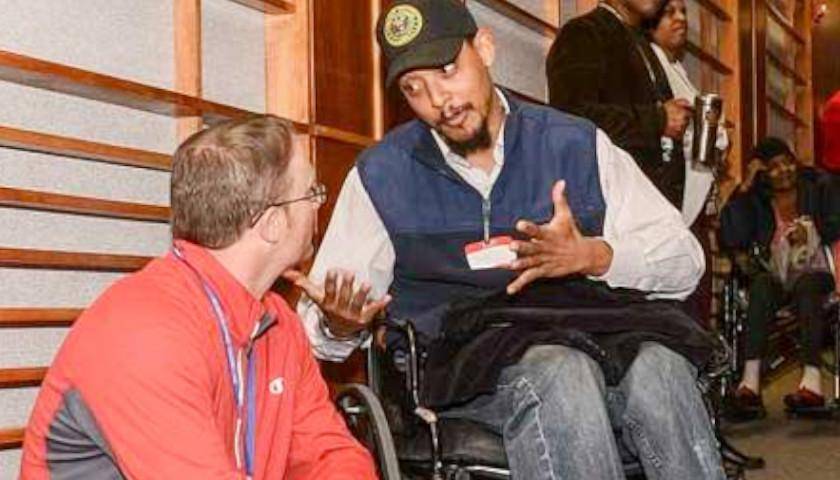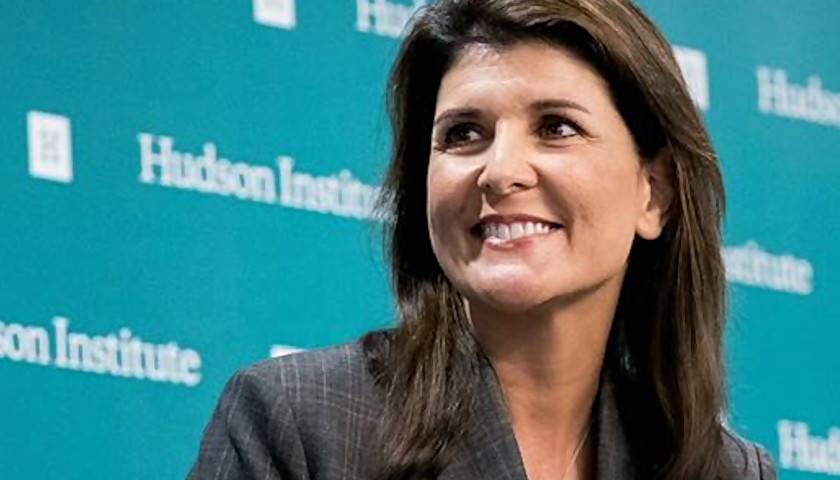by Kevin Portteus
I must have seen “The Shawshank Redemption” at least a hundred times. It was an ubiquitous staple of college life in the late 1990s, like “Friends” or The Dave Matthews Band. It’s the story of a young banker, Andy Dufresene (Tim Robbins), who tries to preserve his humanity and his hope while serving a life sentence after being wrongly convicted of the murder of his wife and her lover.
In the middle of the movie an elderly prisoner, Brooks Hatlen (James Whitmore), holds another inmate hostage at knifepoint. After Andy defuses the situation it is revealed that, after 50 years in prison, Brooks will be paroled. Brooks had spent his entire adult life in prison, and he didn’t want to leave, so he reasoned that by committing another crime he could remain in prison. While Brooks’ would-be victim surmises that Brooks is simply crazy, Andy’s best friend, “Red” Redding (Morgan Freeman), has a different explanation: “He’s just . . . just institutionalized.”
Prison is the only world he knows; it’s the only world that makes sense to him. Red explains that “These walls are funny. First you hate ‘em, then you get used to ‘em. Enough time passes, you get so you depend on them. That’s institutionalized.” Brooks’ fears, and Red’s explanation, prove prescient. Paroled, Brooks is unable to adjust to the world outside prison, and he hangs himself in his apartment.
One doesn’t have to be in prison to be institutionalized, however. Years ago, as a junior faculty member, I helped a young woman write her undergraduate honors thesis. She was a chemistry major, but the honors program required that her topic be interdisciplinary, so she chose to write on government funding of science in America. During this process I tried to impress upon her some of the obvious problems with our current system of government-funded science, and to get her thinking about alternatives. I assumed, as a newer faculty member, I’d find a receptive audience at a place like Hillsdale College.
How naïve I was. She could not fathom a world without government-funded scientific research. It was incomprehensible to her that “science” could happen in the absence of massive government funding and pervasive government supervision. Government funding is how “science” happens. For a scientific researcher, especially an academic one, obtaining a government grant from an entity like the National Science Foundation or the National Institutes of Health is critical, both to one’s research agenda and to one’s prestige and career advancement. Universities see it as a marker that one is important and doing important work.
Medical professionals of all kinds are dependent on state licenses to ply their trades. Doctors and pharmacists are at the mercy of state pharmacy boards, the Drug Enforcement Agency, and the Food and Drug Administration when it comes to prescribing or dispensing pharmaceuticals. These people are practitioners, not academics or intellectuals, so when some government entity tells them that “the science is settled,” they have neither the time nor the inclination nor the resources to challenge the assertion. They’ve been conditioned to accept such assertions as orthodoxy, a conditioning that is reinforced by the possibility of losing their government-issued professional licenses. So your doctor leans on you to get the COVID vaccine, and your pharmacist won’t fill a legal prescription for Ivermectin because the CDC and his state’s board of pharmacy told him it is “horse dewormer.”
The entire modern state in America is one vast engine for institutionalizing its subjects. That state is so huge and so pervasive that essentially everyone is somehow dependent on it, whether they know it or not, whether they’d like to be or not. We depend on the state for everything from government jobs and student loans to occupational licenses and the use of public resources. All of these foster the dependence, and therefore the subservience, of the recipient on the state. A rancher must remain in the good graces of the Bureau of Land Management. Raytheon, and all its employees, are ruined if they don’t get a steady stream of Defense Department contracts. Radio and TV broadcasters need government permission in the form of an FCC license in order to work. To retain my access to federal student aid, my parents had to hand over sensitive tax information to the Department of Education. Failure to comply could result in loss of access to government largesse, with all the attending consequences.
The significance of the pervasiveness of government involvement in the scientific and medical fields goes far beyond the threat of loss of benefits and the promise of more benefits. For those who are enmeshed in it, the government-scientific complex is natural, beneficent, and indispensable. It predisposes them to believe that anyone who is outside the complex is not credible, and anyone who challenges it is a crank, a charlatan, or a conspiracy theorist. It fosters the mentality that any other arrangement is inconceivable. Defending that complex is thus a sine qua non of their very being, even when that complex is exposed as incompetent, corrupt, and even unscientific. The system is science.
Medical and scientific experts have, in the last couple of years, been accused of being stupid, crazy, or downright evil. Whatever is true in individual circumstances (Dr. Fauci, call your office), at the macro level these allegations miss the mark.
They’re just . . . just institutionalized.
– – –
Kevin Portteus is the Lawrence Fertig Professor of Politics and Director of American Studies at Hillsdale College.
Photo “U.S. Capitol” by Lorie Shaull. CC BY 2.0.






